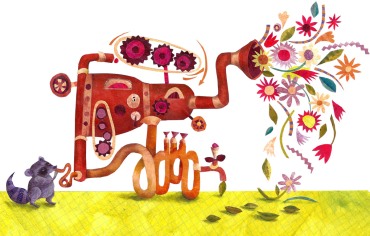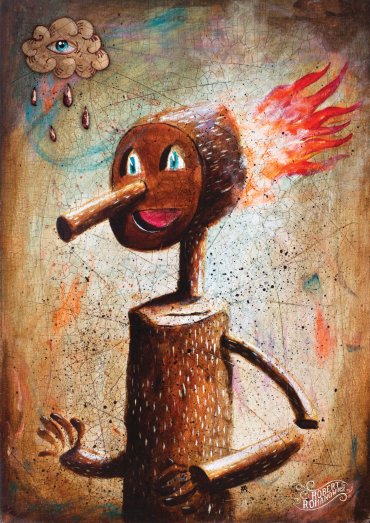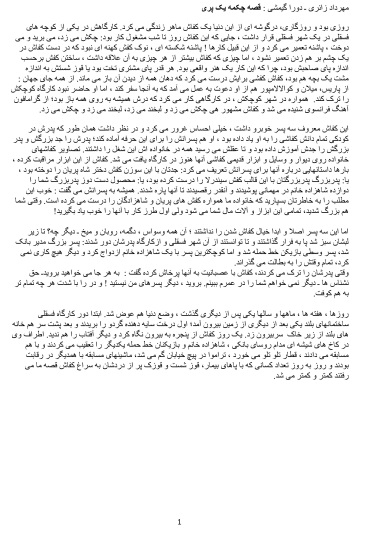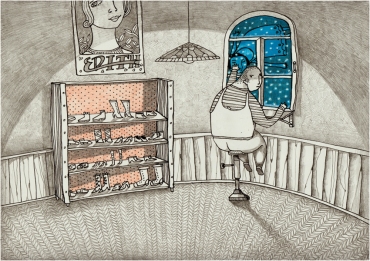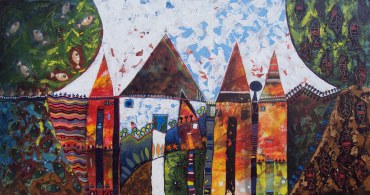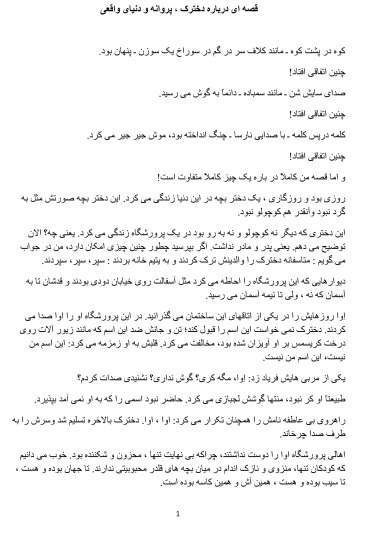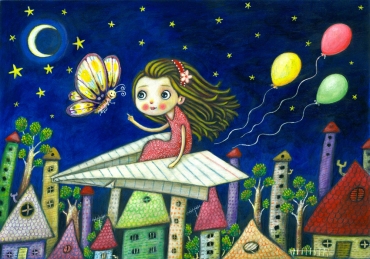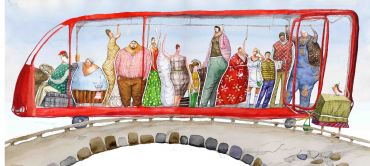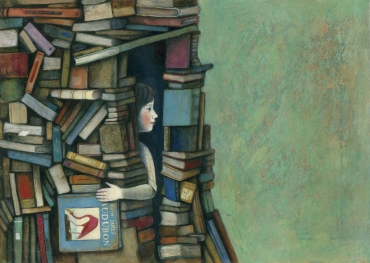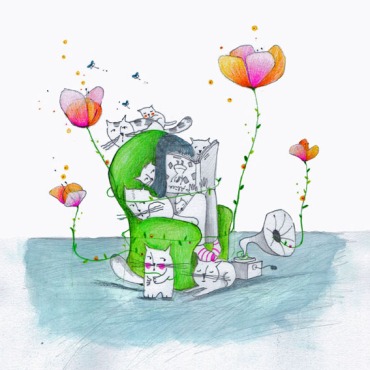El Proyecto Internacional de Cuentos Allende Los Mares
Translated by Luca Szabó
If for some reason – let’s say, in the first sentence of a tale – raccoons are mentioned, I’m sure that most people will only think about
1. raccoons being obsessed with cleanliness,
2. raccoons being some kind of thieves, based on their ill-boding appearance.
I can assure you that most animals think exactly the same.
Why? It’s this simple:
1. in many languages, such as in Japanese, German, Italian or Hungarian, the animal with the striped tail which is called Procyon lotor has a name that refers to washing, even though I’m fairly sure some of them never wash, as they have the smell of an extraordinarily smelly badger,
2. the black spots around their eyes look like criminals’ masks, and who in their right mind would wear something like that unless they are thieves?
It’s really unfriendly to judge someone based on their looks or their name, but raccoons don’t take it personally, maybe because they are just like their image. At least this was the state of affairs in the infamous Trum family.
